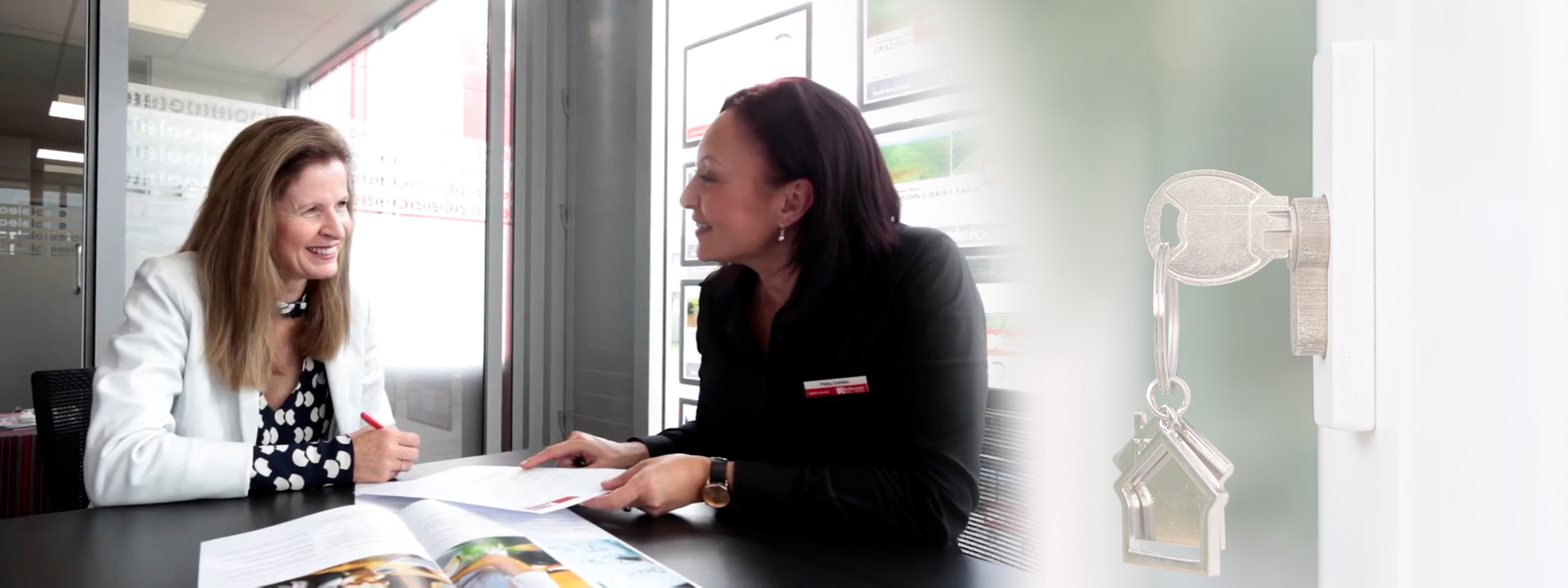Your annual property maintenance checklist
When you're self-managing a property it can seem like the list of jobs just keeps growing. From leaking showers to gutter cleaning it can seem like there are not enough hours in the day. And if you're not staying on top of all the small jobs then the risk of a massive job suddenly rearing its ugly head becomes more and more likely by the year.
Not all tenants will give you a call when a small issue materialises. Often they don't want to be a hassle! But letting a small leak or crack go un-mended for months or years can turn it from a small job to an expensive one in no time.
But never fear! We've created an annual property maintenance checklist which will keep the small jobs from spiralling, when added to standard inspections and routine maintenance. So without further delay here are our recommended annual maintenance jobs for the self-appointed property manager.
Roof and gutter
New Zealand is blessed with plenty of rain (sometimes) and Taranaki is especially lucky in this regard, therefore it makes sense to prioritise the places designed to keep the water from becoming an internal feature.
Checking roof tiles or sheeting can be done manually if you're able to get a vantage point to ensure no tiles have slipped and there are no obvious cracks or gaps. Failing that use a drone or a trades person to check up close. Gutters are important as any blockages or cracks could divert water onto walls and cause long-term damage.
Tasks:
- Inspect roof for breakages
- Clean gutters
Attic/loft
It's not the nicest job but getting up into the roof is good for a number of reasons. Firstly, you can double check that there are no gaps in the sheeting or tiles, here you may be able to identify water ingress, especially if you time your inspection to coincide with some wetter weather.
Secondly you can top-up any insulation that may have become thin, or fallen prey to additional tenants - pests! If you do notice mice/rat droppings then lay a few traps to control the population. If you notice bird droppings then check soffits and gables to make sure there are no gaps. A thorough inspection may help you to locate any damp, rot or borer which could become a major issue if left unattended.
- Check for gaps
- Check for water ingress
- Top-up insulation
- Check for pests
Windows
Cracks, chips and other 'acceptable' signs of wear should be addressed as early as possible. Full breakages obviously need to be attended to as soon as they occur but even small issues should be fixed once a year. Not only will cracked or chipped glass offer less protection but it will also reduce the appeal of the house, thus affecting rental income.
Make sure any mould is being cleaned by the tenant, especially in houses with single glazing where condensation may slowly work away at wooden frames. Place draught exclusion strips in areas where gaps may cause cold air to enter - this can happen as wood warps over time.
If there are any gaps in the frames ensure these are filled and check the mortar and brickwork around the windows as any gaps where water can get in, freeze (expanding) will slowly widen gaps and wear away at the structure of the house.
- Repair damaged glass
- Check seals and reseal
- Inspect brickwork
Walls and floors
It may seem like a bit of a leap bundling these together but in many cases you're looking for the same thing. Excessive damp, rot or mould needs to be addressed early or big problems are likely to occur.
Apply pressure to the surface and if there's any real give it's better to have it looked at early rather than wait. Where there is visible black mould there is a problem waiting to happen. Not only should this be cleaned regularly but effective damp sealing needs to be applied to keep the moisture out. Mould can present serious health risks for tenants and should be fixed as soon as possible.
Perform both an internal assessment and an external one for both. If the walls have a pipe, vegetation or depression where water can collect ensure this is cleaned and cleared as soon as possible. For flooring it's a good idea to get under the house where possible. You can ensure underfloor insulation is fully topped-up and can make sure there is no sub-floor water presence that could result in long-term damage.
- Check external walls for cracks, leaks or standing water
- Check internal walls for mould and rot
- Check flooring for strength and gaps
- Check underfloor for insulation top-ups and underlying issues
Electrical
We're definitely not suggesting you start testing wires or playing around with anything dangerous but there are a couple of things you should check each year.
- Shortages
- Frequently blown bulbs
- Exposed wiring
If the tenant mentions that the fusebox needs a constant visit then you likely have an appliance overloading the circuitry. This could be an old oven or other relic that's probably seen the best years of its life. Likewise if a certain bulb keeps blowing then there is likely to be an issue with the wiring or a short.
Always get a professional to investigate any of the above but ensure they're looked into as soon as possible before a more extensive wiring job is required.
If there's anything else you include in your annual maintenance programme for your rental property feel free to add it to the comments. This is by no means an exhaustive list but hopefully it helps new property managers cover a few key areas. Of course, if this seems like too much effort simply click the button below to talk to a member of the McDonald Real Estate property management team.






